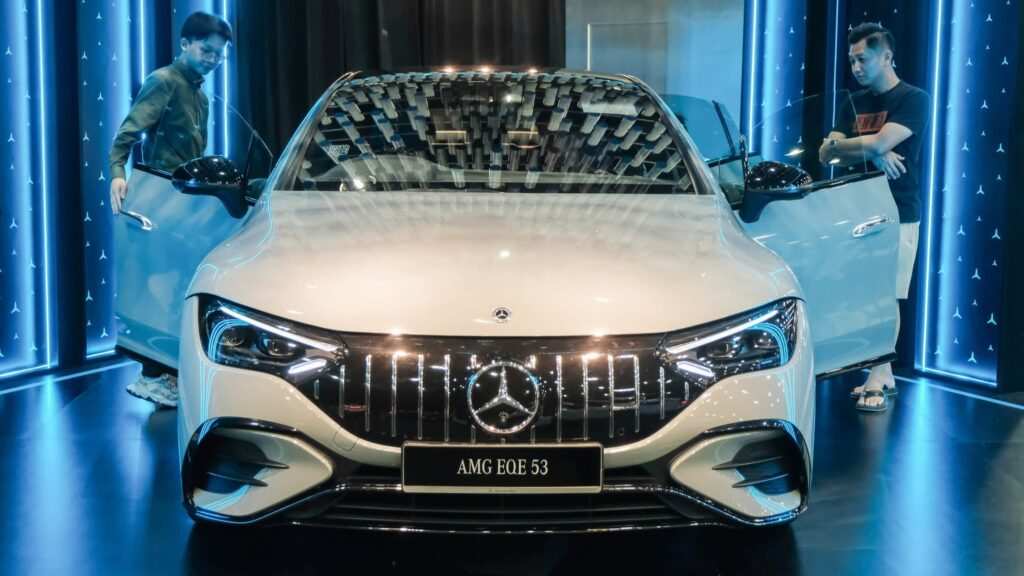New Trends in the Automotive Industry
The automotive industry is constantly evolving, especially with the increasing emphasis on electrification and sustainability. Recently, car manufacturers are changing their strategies to include more hybrid and petrol models to improve their profits. This article discusses how these trends are affecting the industry, the adjustments carmakers are making, and which brands are taking a different approach to electric vehicles (EVs).
Carmakers Focus on Hybrid and Petrol Models
Why the Shift?
Many car manufacturers are turning back to hybrid and petrol models for several reasons:
-
Consumer Demand: There is still a significant market for traditional vehicles. Not all consumers are ready to fully embrace electric vehicles due to factors like range anxiety, charging infrastructure, and higher costs.
-
Profit Margins: Hybrids and petrol cars often have better profit margins compared to their fully electric counterparts. The production costs for EVs can be high, and while many companies want to invest in electric models, they also need to ensure they remain profitable.
- Market Competition: With numerous automakers entering the EV space, competition is fierce. Focusing on a diverse range of models, including hybrids and petrol options, allows companies to maintain a competitive edge.
Examples of New Releases
Car manufacturers are responding to these demands by introducing a variety of new models:
- Hybrid Vehicles: Many brands are launching updated hybrid models that combine electric and traditional petrol engines, offering consumers the benefits of both worlds.
- Petrol Models: Some carmakers are releasing new petrol models, especially in markets where EV adoption is slower.
Changing Electrification Plans
Impact of Tariffs and Subsidies
Manufacturers are also adjusting their electrification strategies due to changing government policies related to tariffs and subsidies:
-
Tariff Adjustments: Changes in tariffs can impact the cost of producing electric vehicles, mainly if the materials used are imported.
- Subsidy Changes: Government incentives for EV purchases can significantly influence consumer behavior. If subsidies decrease, demand for electric vehicles might decline, prompting manufacturers to re-evaluate their electrification strategies.
Automakers Recalibrating Strategies
As a result of these economic factors, automakers are reassessing their approaches towards electrification:
- Slowdown in EV Production: Some companies are pausing or slowing down the development of new EV models to focus on refining their hybrid and petrol offerings.
- Investment in Technology: Rather than rushing to produce new electric models, companies are investing in improving existing technologies to make them more efficient and appealing to consumers.
Observing Brand Changes in the EV Market
Which Brands Are Altering Their Approaches?
Several notable auto brands are known for their shifts in strategies regarding electric vehicles. Here are a few examples:
- Brand A: This manufacturer has previously committed to making only electric vehicles but has now decided to introduce more hybrid options in response to consumer preferences.
- Brand B: Another company that initially focused on electric vehicles is also launching new petrol models to capture a broader market segment.
Conclusion
In conclusion, the automotive industry is currently navigating a complex landscape marked by technological advancements, shifting consumer preferences, and changing economic factors. As carmakers pivot towards hybrid and petrol models, they are ensuring their product offerings align with market demands while also preparing for a future where electric vehicles will likely dominate. By recalibrating their electrification plans and diversifying their product lines, manufacturers aim to maintain their profitability and appeal to a wider audience. The changes among various brands illustrate the dynamic nature of this industry, making it essential for consumers, investors, and policymakers to stay informed about these developments.
